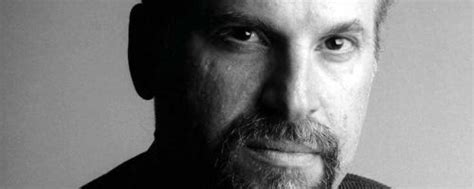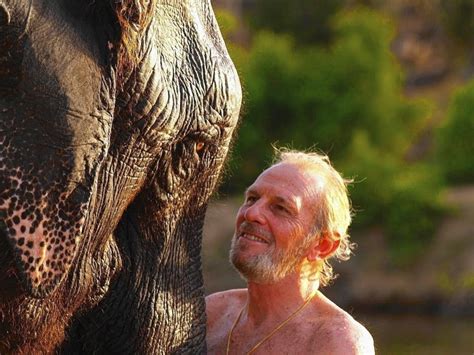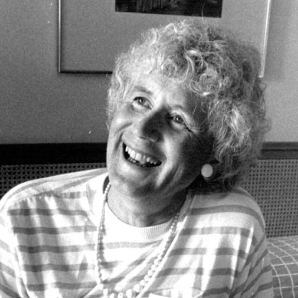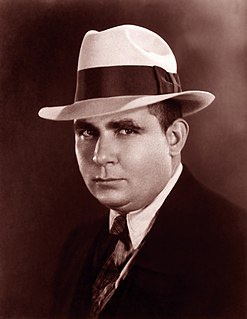A Quote by Glen Duncan
Poets suffer occasional delusions of angelhood and find themselves condemned to express it in the bric-a-brac tongues of the human world. Lots of them go mad.
Related Quotes
For centuries poets, some poets, have tried to give a voice to the animals, and readers, some readers, have felt empathy and sorrow. If animals did have voices, and they could speak with the tongues of angels-at the very least with the tongues of angels-they would be unable to save themselves from us. What good would language do? Their mysterious otherness has not saved them, nor have their beautiful songs and coats and skins and shells and eyes.
Musings The little poets sing of little things: Hope, cheer, and faith, small queens and puppet kings; Lovers who kissed and then were made as one, And modest flowers waving in the sun. The mighty poets write in blood and tears And agony that, flame-like, bites and sears. They reach their mad blind hands into the night, To plumb abysses dead to human sight; To drag from gulfs where lunacy lies curled, Mad, monstrous nightmare shapes to blast the world. [click on the thumbnail by Jack "King" Kirby]
Mathematicians may flatter themselves that they possess new ideas which mere human language is as yet unable to express. Let them make the effort to express these ideas in appropriate words without the aid of symbols, and if they succeed they will not only lay us laymen under a lasting obligation, but, we venture to say, they will find themselves very much enlightened during the process, and will even be doubtful whether the ideas as expressed in symbols had ever quite found their way out of the equations into their minds.
I'm in show business. I believe in illusion and delusions and in holding aloft the bubble of a dream of some sort because, really, there are lots of reasons to look at the chasm. But art and music, these ineffables, they're just - they're the consolations of what human beings can create and make, and delight is accessible, you know, should you care to find it.



































